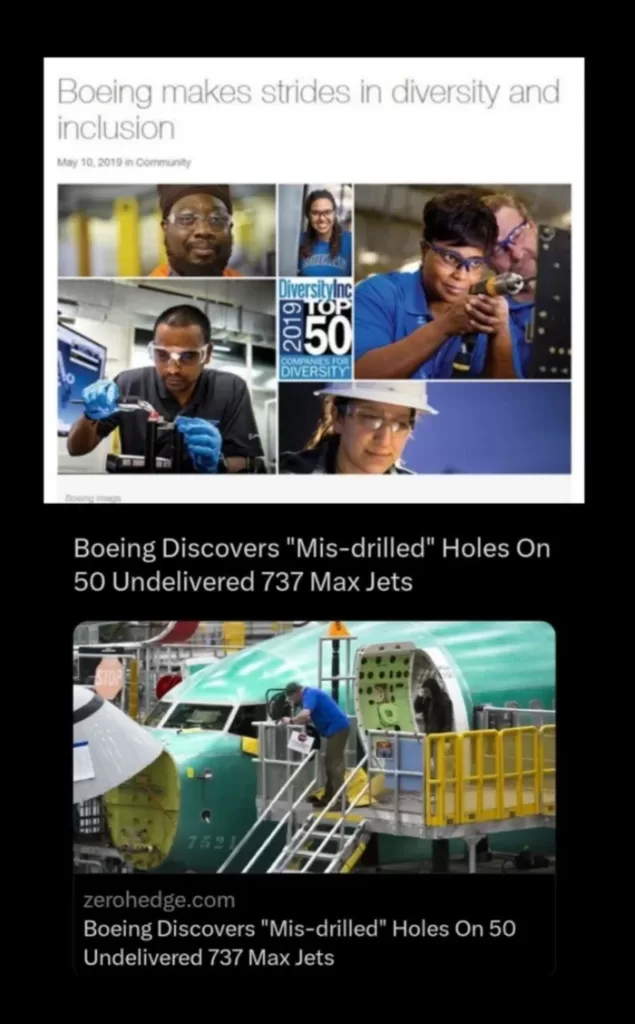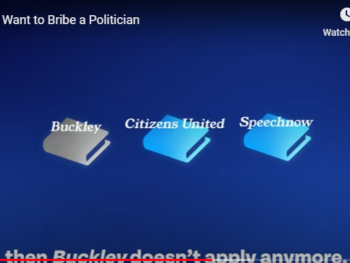Cobalt is a vital component in the production of rechargeable batteries. It is used in everything from smartphones to electric vehicles, making it an essential mineral for the modern world. However, the reality is that there is no such thing as clean cobalt. The majority of cobalt is mined using a modern form of slavery. If you own anything with a rechargeable battery, you are indirectly promoting slavery.
Mining of cobalt is a dark and dangerous business
The mining of cobalt is a dark and dangerous business that is associated with horrific human rights abuses. The majority of cobalt is mined in the Democratic Republic of Congo (DRC), where it is often extracted from informal mines using child labor and forced labor. In these mines, workers are exposed to dangerous conditions, including toxic fumes, collapsing tunnels, and even death. Moreover, the mining of cobalt has a significant impact on the environment, including deforestation, soil erosion, and water pollution.
Despite the well-documented abuses associated with cobalt mining, companies that use cobalt in their products often market it as "clean cobalt" to give the impression that their products are ethical and environmentally friendly. However, this is far from the truth. The reality is that most companies have no idea where their cobalt comes from, and they do not have the systems in place to trace it back to the source.
Addressing the issue of slavery in cobalt mining
In recent years, there have been some efforts to address the issue of slavery in cobalt mining. The Responsible Cobalt Initiative, for example, is a multi-stakeholder initiative that aims to improve conditions in the cobalt supply chain.
If we are to tackle the issue of modern slavery in cobalt mining, companies need to take a more proactive approach. This means coming clean about where they are getting their cobalt and implementing systems to trace it back to the source. Companies also need to work with local communities and governments to develop alternative livelihoods and provide education and training to workers.
As consumers, we also have a role to play. We can also choose to buy products that use alternative materials to cobalt or opt for second-hand goods.
Conclusion
In conclusion, the reality is that there is no such thing as clean cobalt, and the mining of cobalt is associated with modern slavery and environmental destruction. Companies that use cobalt in their products need to take responsibility for their supply chain and implement systems to trace it back to the source. As consumers, we also need to be aware of the issue and demand that companies take action to ensure that their products are ethically sourced.







